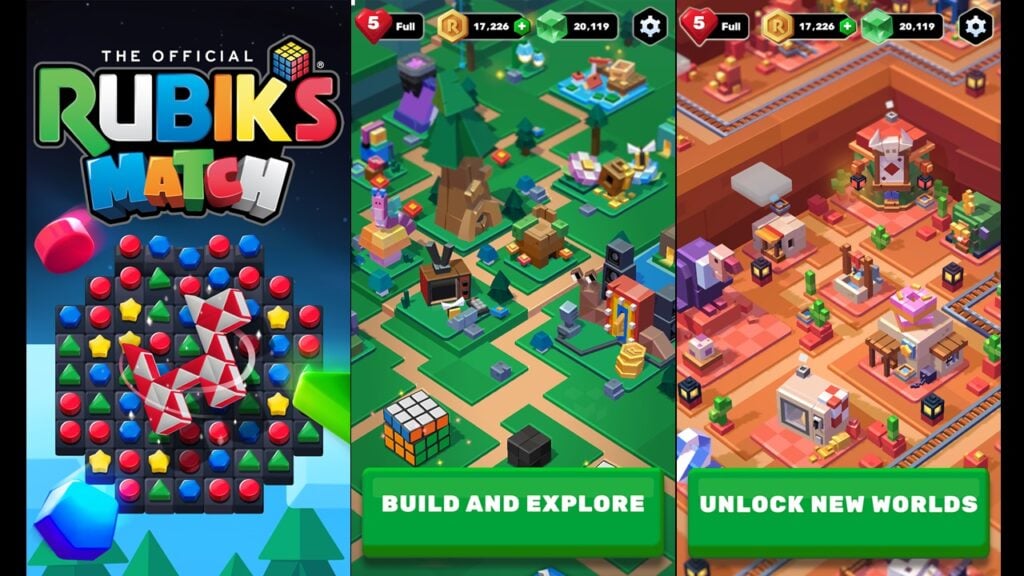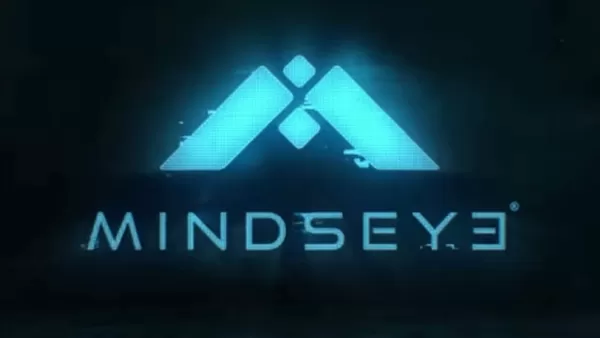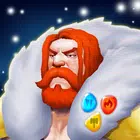Home > News > What is Monster Hunter Really About? | Deep Dive on the Themes and Narrative of Monster Hunter
What is Monster Hunter Really About? | Deep Dive on the Themes and Narrative of Monster Hunter
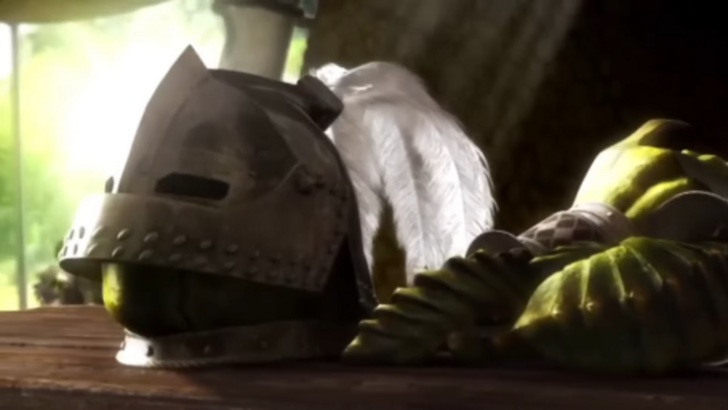
Monster Hunter's narrative often gets overlooked due to its straightforward approach, but is it truly that simple? This deep dive explores the underlying themes and stories woven into the gameplay.
← Return to Monster Hunter Wilds' main article
The Evolution of Narratives in Monster Hunter
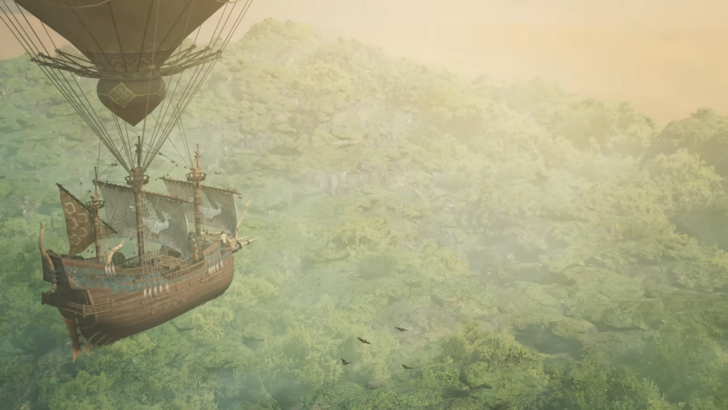
The Monster Hunter series isn't known for its intricate storytelling; many fans would even argue it's never been the primary focus. However, that doesn't mean a narrative is absent. The mission-based structure, where quests drive the player's actions, often overshadows the underlying themes. But is it merely a series of hunts for money, fashion, and sport? Let's delve into the mainline series' narratives to uncover a deeper meaning.
The Familiar Beginning
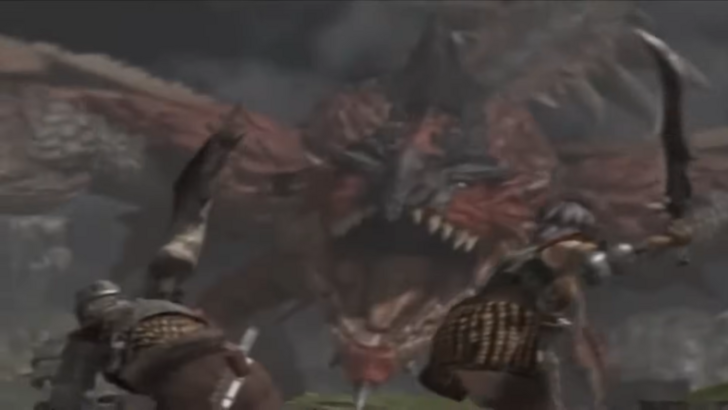
Most Monster Hunter games follow a similar pattern: You begin as a novice Hunter, accepting quests from village elders, gradually progressing to hunt increasingly powerful monsters, ultimately becoming the village's top-ranked Hunter. Higher rank unlocks access to stronger, larger creatures. The core gameplay loop revolves around this progression, culminating in a final showdown with the game's ultimate boss (e.g., Fatalis in Monster Hunter 1). This structure remains consistent even in later games, despite their increased narrative focus. However, titles like World, Rise, and their expansions offer more involved storylines.
Guardians of the Ecosystem
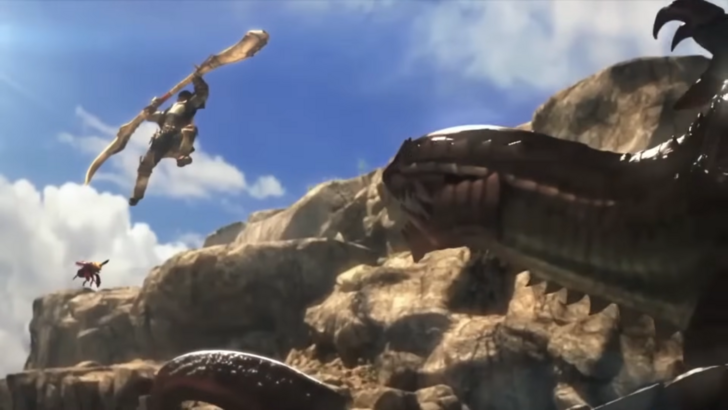
The series frequently explores the Hunter's role in maintaining ecological balance. Monster Hunter 4 (MH4), for example, features the Gore Magala and its Frenzy Virus, a highly contagious disease spreading aggression and chaos. The Gore Magala's villainous design clearly positions it as a threat requiring elimination to restore balance.
However, Monster Hunter: World and Iceborne offer a more nuanced perspective. The endings suggest that while humans bear a responsibility for ecological balance, their understanding of nature's intricate workings remains limited.
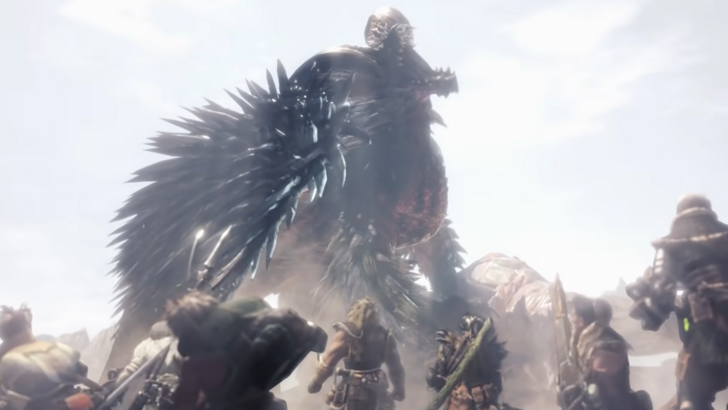
Iceborne's conclusion reveals Nergigante as a force of nature, maintaining equilibrium. While Nergigante's role might seem underwhelming, it perfectly complements the game's theme of ecological balance. The base game's ending portrays the Hunter as a "Sapphire Star," a guiding light, referencing the in-game "Tale of the Five," suggesting the Research Commission accepts its role as nature's guardian, guided by the Hunter.
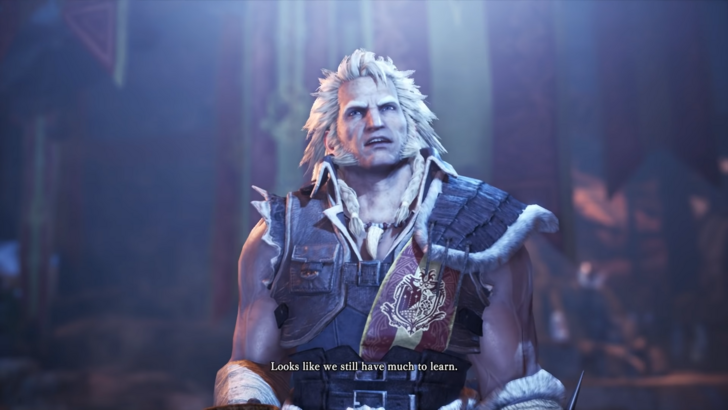
Iceborne's ending provides a counterpoint, highlighting the Research Commission's need for further understanding of nature's self-regulating mechanisms. This juxtaposition reflects the reality of nature's resilience, even without human intervention. While interpretive, this demonstrates a deeper narrative beyond simple monster hunting. But how do the monsters perceive the Hunter?
The Hunter Reflected
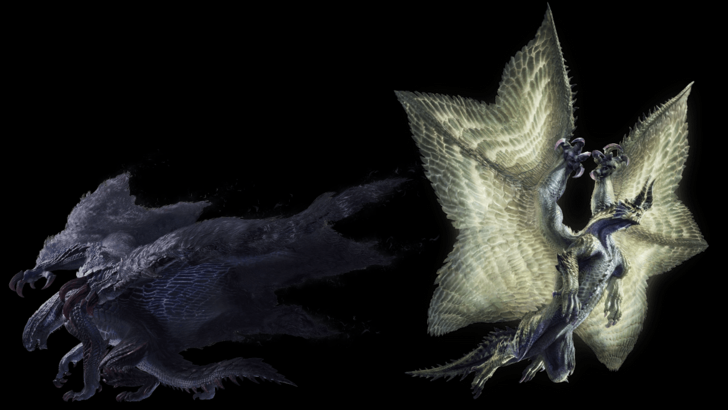
In MH4, defeating the Gore Magala only reveals its evolved form, the Shagaru Magala. This mirrors the player's experience of upgrading equipment and facing renewed challenges. This suggests that monsters, too, learn and adapt to the Hunter's actions.
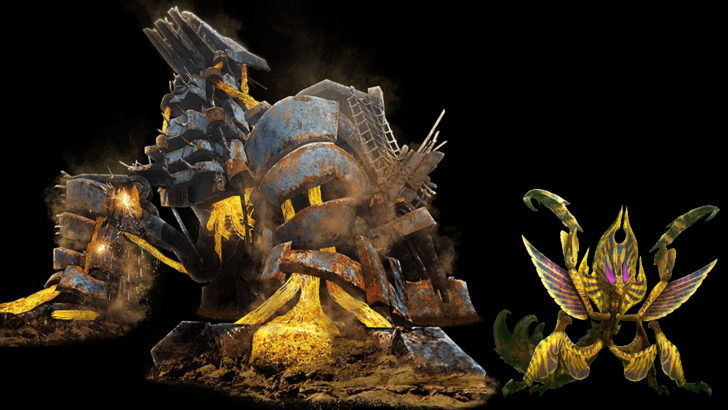
The Ahtal-Ka, the final boss of Monster Hunter Generations Ultimate, exemplifies this theme. Its unique design and use of Hunter-like technology, including mechanical creations and weapons fashioned from battlefield debris, reflects the Hunter's ingenuity and the monsters' capacity for adaptation. The Ahtal-Ka's combat style even seems to foreshadow the Silkbind moves in Monster Hunter Rise.
A Personal Journey: Man vs. Wild
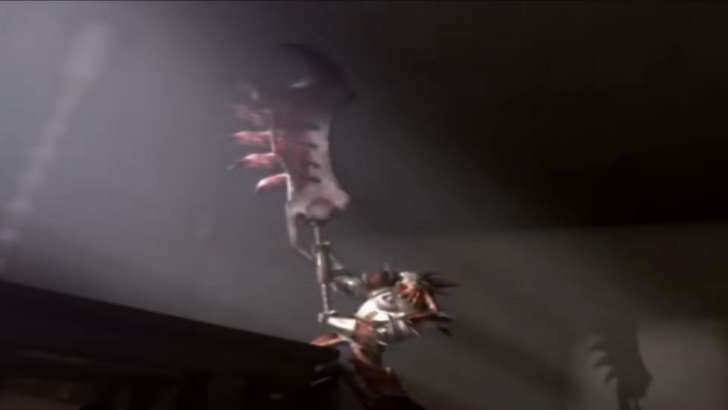
Considering the themes of ecological balance and the monsters' reflection of humanity, what is Monster Hunter truly about? It's a personal journey of improvement and overcoming challenges. The series evokes a sense of personal narrative, similar to the Souls series, where overcoming seemingly insurmountable obstacles provides immense satisfaction.
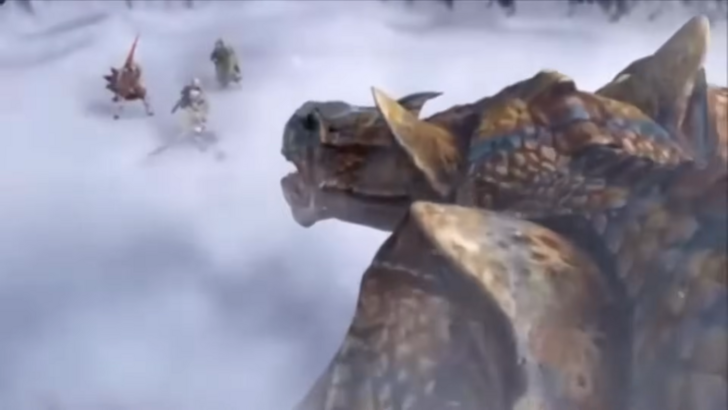
The initial encounter with the Tigrex in Monster Hunter Freedom 2 serves as a prime example. The early game's vulnerability and subsequent rematch highlight the player's growth and the game's motivational structure. This creates a compelling personal narrative, even without explicit storytelling.
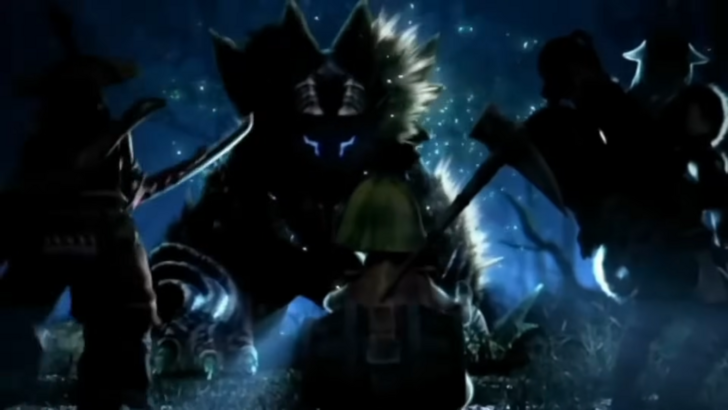
While newer games incorporate more elaborate storylines, the core experience remains deeply personal. The series' ability to weave player experiences into a memorable narrative remains its unique strength. While the storytelling may not be complex, the impact on the player is undeniable.
-
1
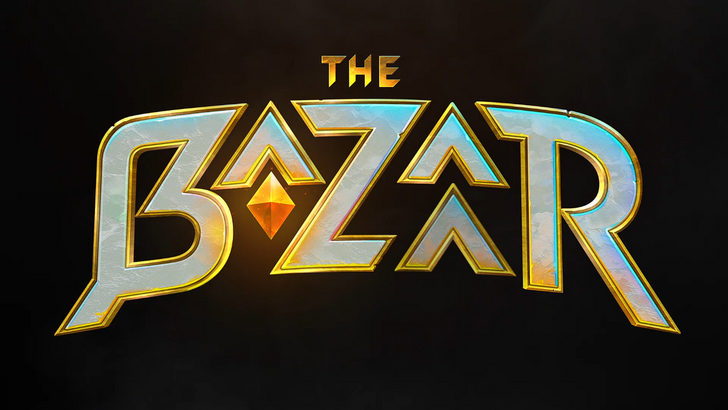
Announcing the Bazaar Release: Date and Time Unveiled
Feb 02,2025
-
2
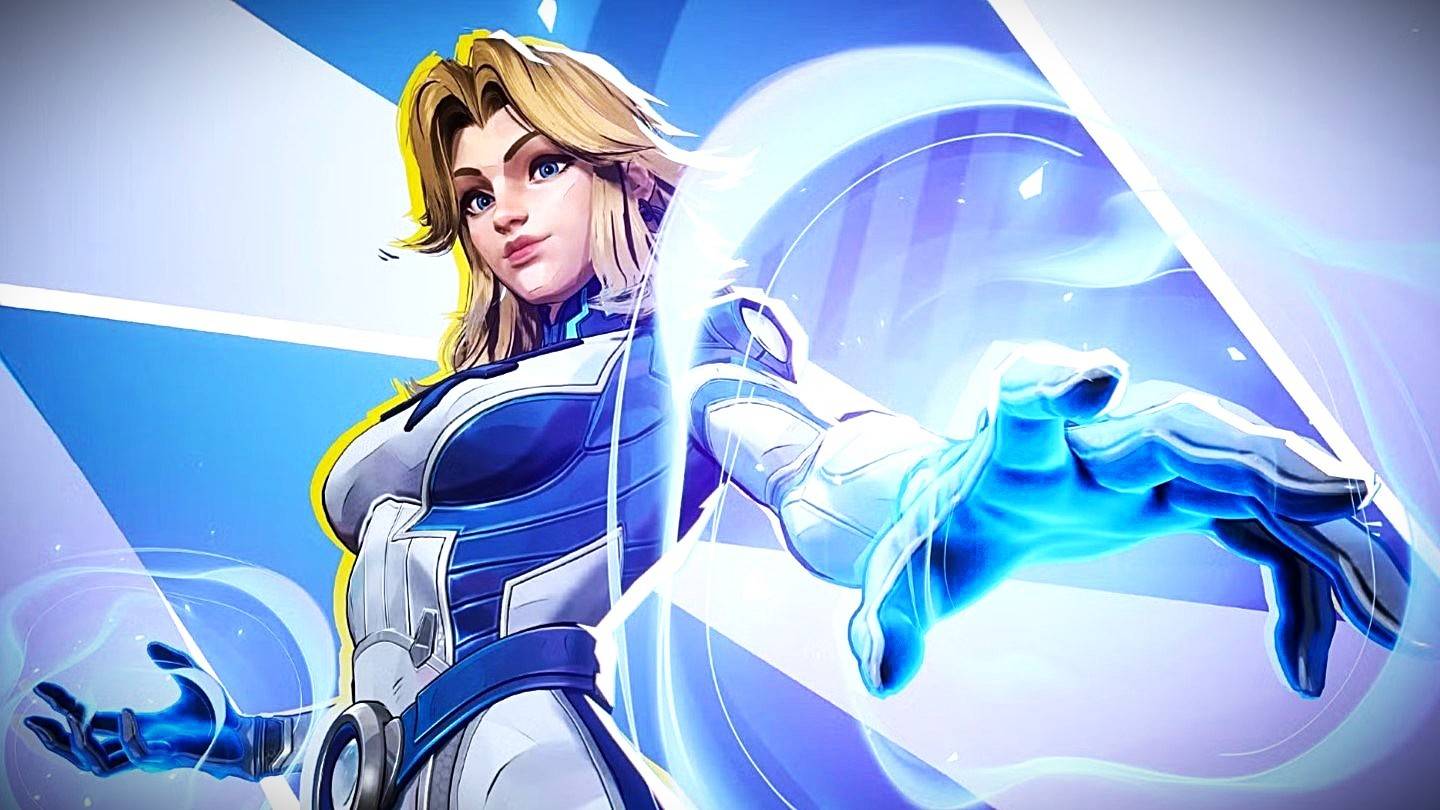
Marvel Rivals Update: News and Features
Feb 19,2025
-
3
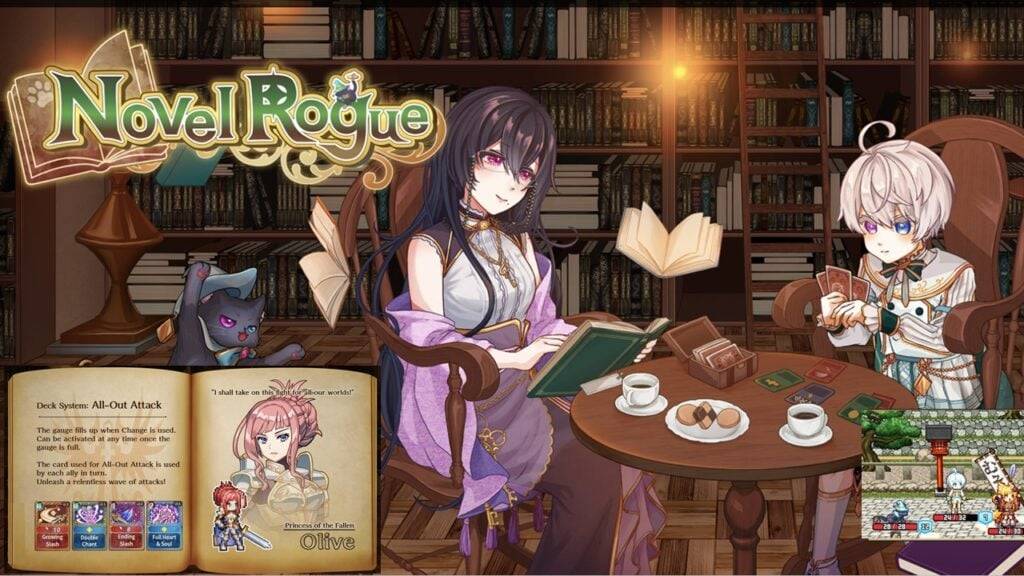
Novel Rogue Decks Android Debut
Feb 25,2025
-
4

GTA 6 Release: Fall 2025 Confirmed
Feb 23,2025
-
5
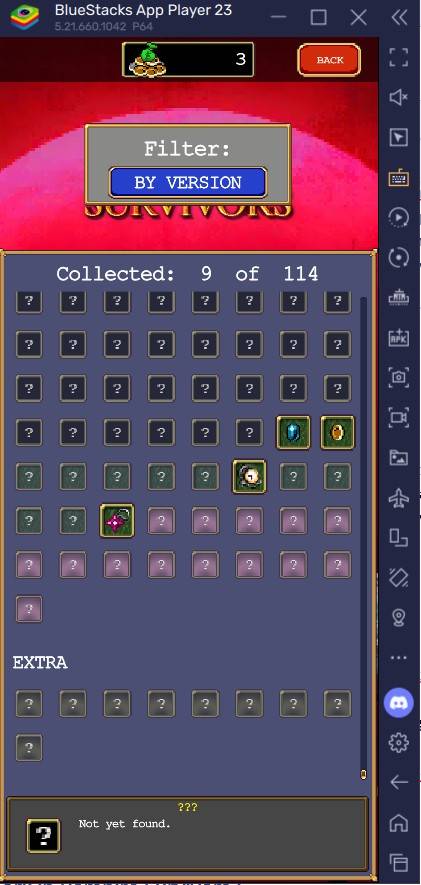
Vampire Survivors – Arcana Card System Guide and Tips
Feb 26,2025
-
6
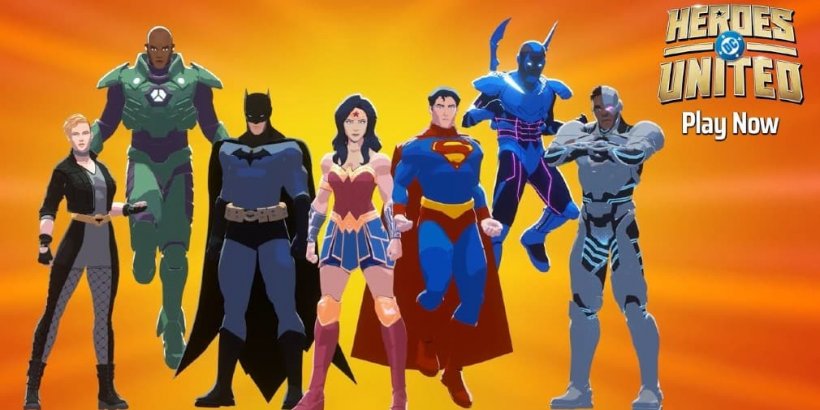
DC Heroes Unite: New Series from Silent Hill: Ascension Creators
Dec 18,2024
-
7
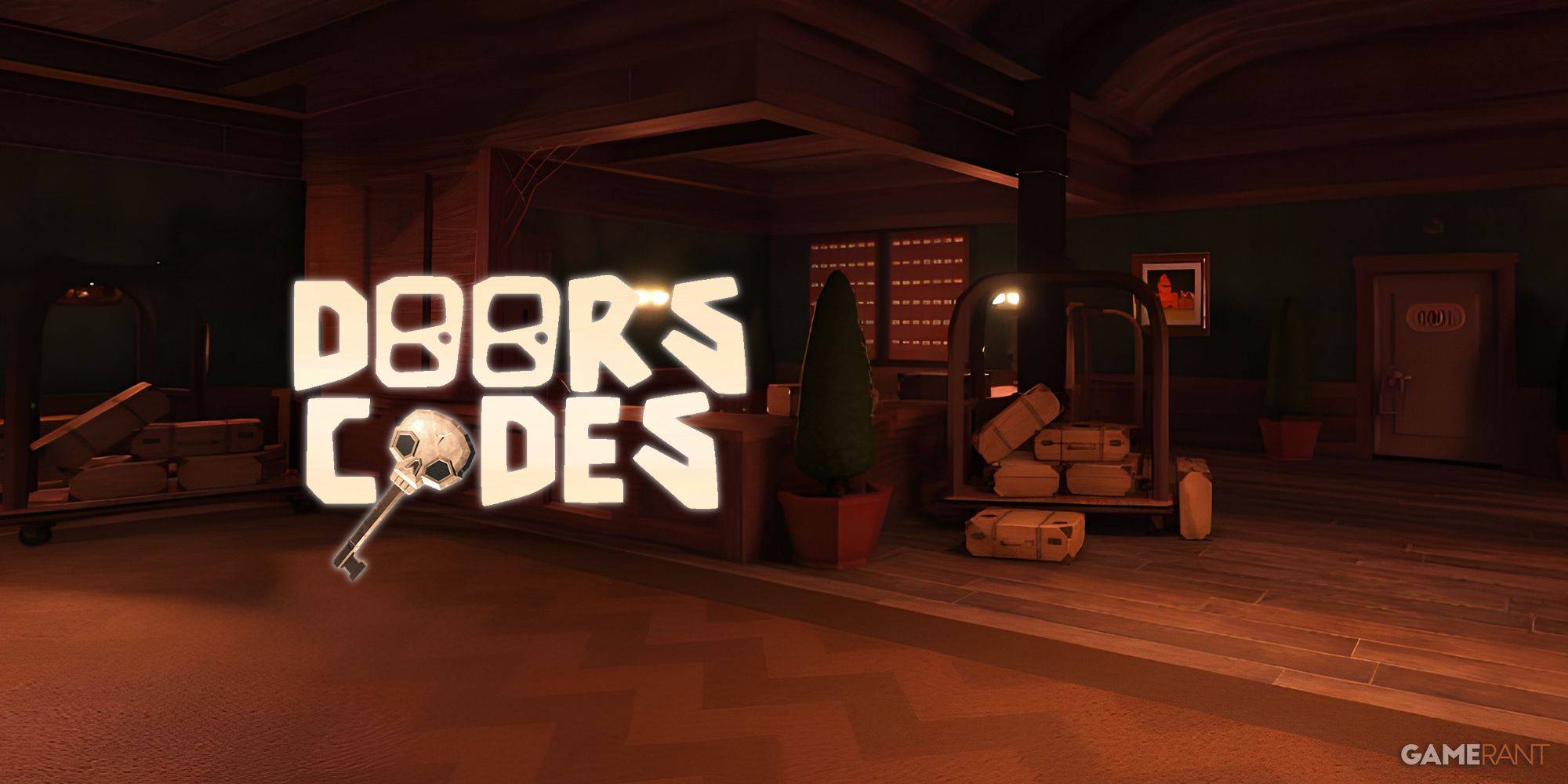
Get Exclusive Roblox DOORS Codes for January 2025
Feb 10,2025
-
8
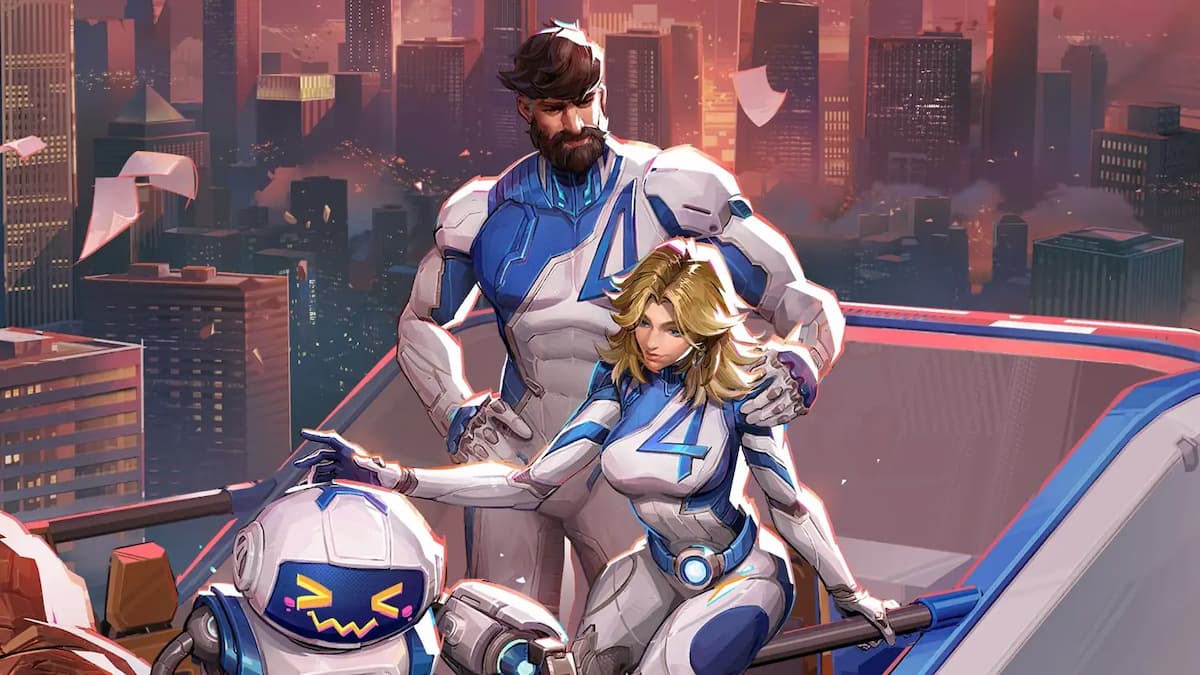
Marvel Rivals Unveils Season 1 Release Date
Feb 02,2025
-
9
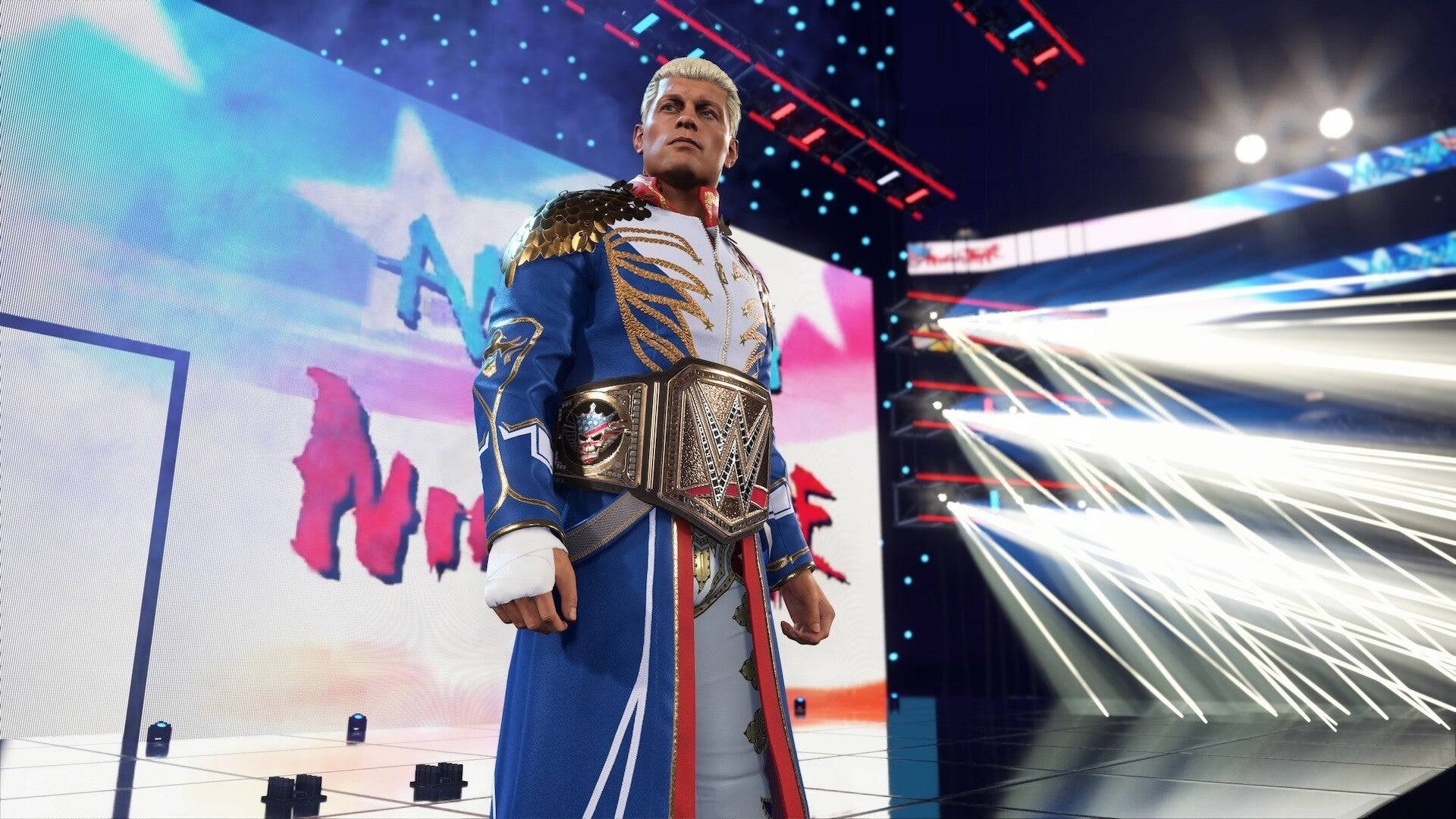
WWE 2K25: Long-Awaited Return
Feb 23,2025
-
10
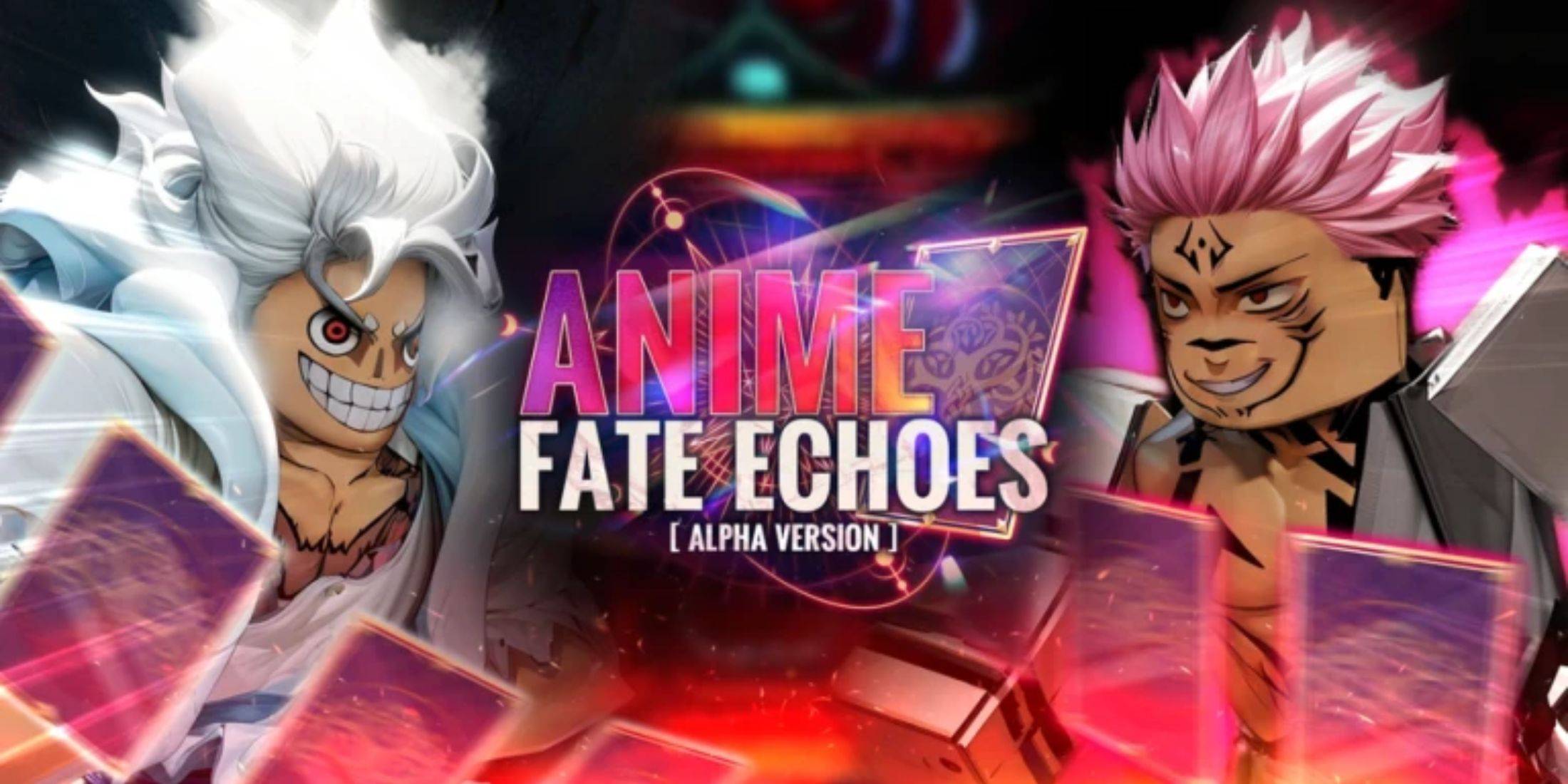
Anime Fate Echoes: Get the Latest Roblox Codes for January 2025
Jan 20,2025
-
Download
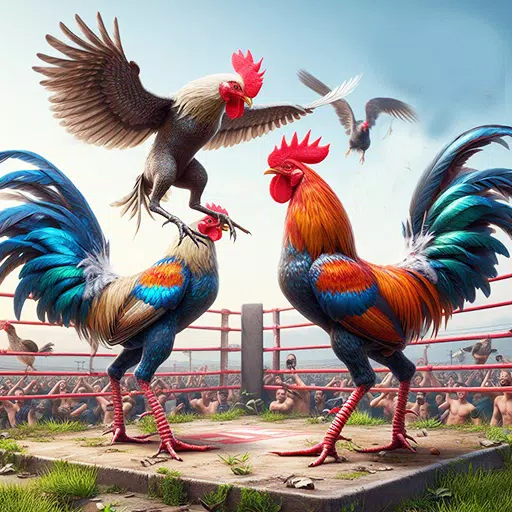
Street Rooster Fight Kung Fu
Action / 65.4 MB
Update: Feb 14,2025
-
Download
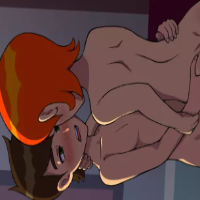
Ben 10 A day with Gwen
Casual / 47.41M
Update: Dec 24,2024
-
Download

A Simple Life with My Unobtrusive Sister
Casual / 392.30M
Update: Dec 10,2024
-
4
Mega Jackpot
-
5
Day by Day
-
6
The Lewd Knight
-
7
Translate - Voice Translator
-
8
VPN Qatar - Get Qatar IP
-
9
Chewy - Where Pet Lovers Shop
-
10
Kame Paradise

